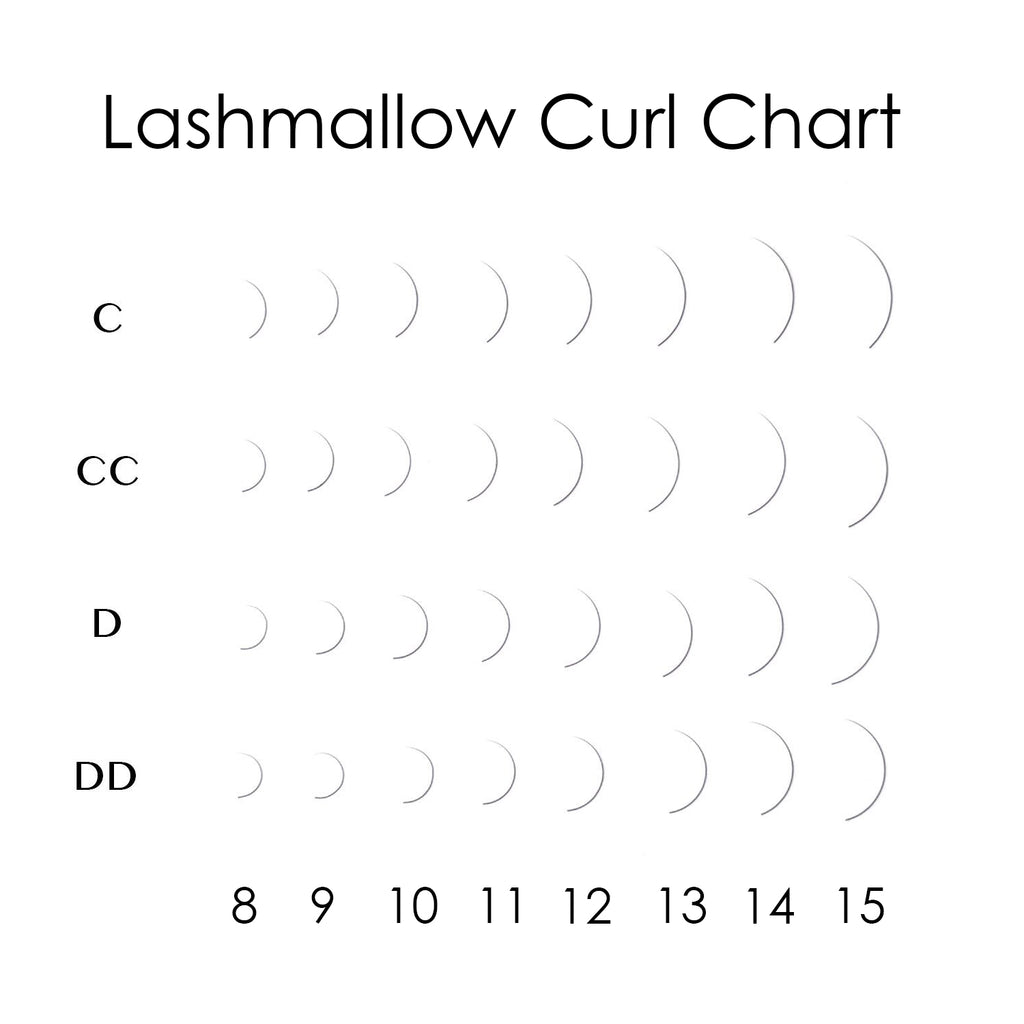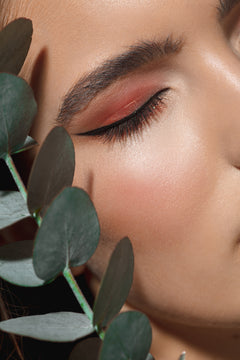Can you get eyelash extensions while pregnant?
Pregnancy can be an exciting and transformative time in a woman's life, but it also comes with certain limitations and precautions. One question that many pregnant women have is whether or not it's safe to get eyelash extensions during pregnancy. In this blog, we will explore this question and provide some helpful information to consider.
The short answer is that there is no definitive answer. The safety of getting eyelash extensions during pregnancy is largely dependent on individual factors, such as the woman's overall health and the specific products and techniques used by the lash technician. However, there are some general guidelines that can help pregnant women make an informed decision.
-
Consult with your healthcare provider Before getting eyelash extensions or any other beauty treatment during pregnancy, it's always best to consult with your healthcare provider. They can advise you on any potential risks or concerns based on your individual situation.
-
Be mindful of the products used Many lash adhesives contain chemicals that may be harmful to pregnant women, such as formaldehyde or benzalkonium chloride. It's important to ask your lash technician about the products they use and to choose ones that are safe for pregnant women.
-
Avoid fumes and vapors During pregnancy, it's important to avoid exposure to fumes and vapors that may be harmful to you or your baby. Lash extensions involve the use of adhesives and other products that may emit fumes. Be sure to choose a well-ventilated salon and ask your lash technician to take precautions to minimize fumes and vapors.
-
Consider alternative options If you're unsure about the safety of getting eyelash extensions during pregnancy, there are alternative options that can provide a similar effect. For example, you can try using a lash serum to enhance the length and thickness of your natural lashes.
In conclusion, the safety of getting eyelash extensions during pregnancy is a complex issue that depends on a variety of factors. While there is no definitive answer, it's important to consider individual factors and to consult with your healthcare provider before making a decision. With careful consideration and proper precautions, you can make the best decision for you and your baby.
Private Label Eyelashes Extension Wholesale
As a private label lashes manufacturer, we could supply both eyelash extensions and strip lashes in most materials. Regarding private label for lashes extensions, most popular packages are cardboard boxes, magnetic paper boxes and plastic boxes.
We could custom both paper cards and size stickers for lash extensions.
We also private label and add your logo to lash cleansers and eyelash extension aftercare kits. We help lash artists and lash trainers brand their own lash products.



























